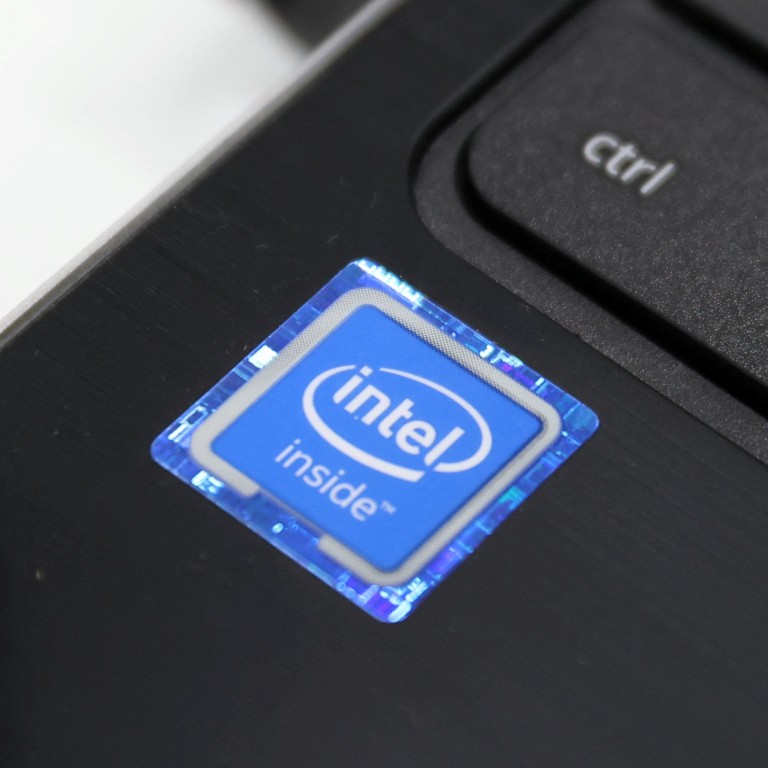
US chip maker Intel triggers Chinese media backlash after telling suppliers to avoid Xinjiang labour
- Intel’s letter to suppliers, published in several languages including Chinese, cited several compliance codes, including those of the Responsible Business Alliance
- China, including Hong Kong, contributed the biggest proportion of Intel’s total revenue in the five years to 2020, according to data from Statista
The letter, published in several languages including Chinese, cited several compliance codes, including those of the Responsible Business Alliance, the world’s largest industry coalition dedicated to corporate social responsibility.
In the letter, Intel also said it has received inquiries from investors and customers, asking whether the company purchases goods and services from the Xinjiang region.
On Tuesday, the letter was cited and reported by Chinese websites, including Guancha.cn, a pro-government Chinese news portal, immediately triggering criticism of the US chip maker by some netizens.
Intel expands in Asia with US$7 billion chip plant in Malaysia
Hu Xijin, former editor in chief of the nationalist tabloid Global Times, also weighed in with an opinion piece, accusing Intel of “helping the US wage a propaganda war” against China.
“For businesses like Intel, we need to take notes of the evil things they’ve done,” Hu, now a columnist for the newspaper, wrote. “The more powerful China is, the more capabilities we will have to take revenge against them.”
Intel declined to comment.
It is not immediately clear what the impact of Intel’s move will be, as Xinjiang’s pillar industries are agriculture and tourism.
China, including Hong Kong, contributed the biggest proportion of Intel’s total revenue in the five years to 2020, according to data from Statista, a data provider.
The US chip giant, known for its CPUs used in laptop computers, also operated a memory chip fabrication plant in Dalian, in northeast Liaoning province, but that facility will be transferred to SK Hynix after the South Korean company’s US$9 billion acquisition of Intel’s NAND memory and storage business received China’s regulatory approval on Tuesday.
Intel also has two assembly and test facilities in Chengdu, capital of Sichuan province.
Intel is not alone as a Western company caught between Washington and Beijing over Chinese policy on Xinjiang, but it appears to be the first global chip company in that spot.
In March, Western apparel brands including Nike, Zara and H&M faced a national boycott in China after they pledged not to use cotton from Xinjiang, citing accusations of human rights violations in the region. The US and other Western nations have accused Beijing of committing genocide against Uygurs and other Muslim minorities, a charge that has been repeatedly denied by Beijing.

